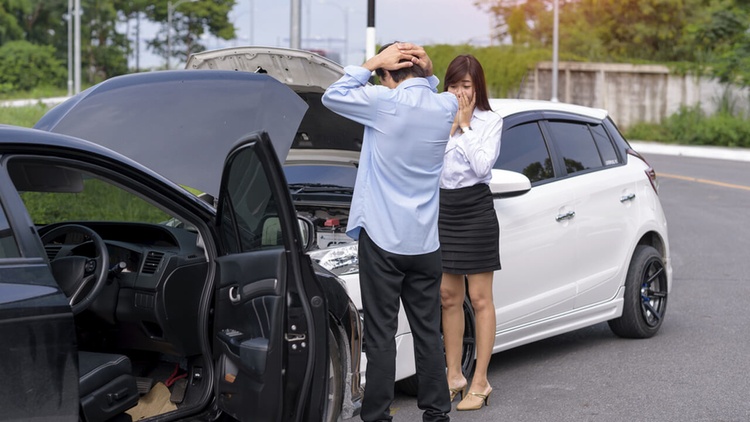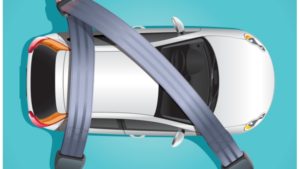
Neha just received her motor insurance claim from the insurance company which she made two days back. Her car was badly damaged in an accident involving a drunk driver. Though she did not hassle with the driver, she filed her claim and got her car repaired. She thought she was past the accident when the insurance company informed her that they would be suing the driver for the damages to her car in her name. When she enquired about the company’s action, she was told of the principle of subrogation. Unable to understand what it meant, she researched the concept on the internet. Let us see what she found out.
In health insurance plans and auto insurance plans, there is a concept of subrogation. Subrogation is in conjunction with the principle of indemnity. The principle of indemnity does not allow you to make profits from your insurance policy. After you receive a claim for damages suffered, subrogation transfers your right to sue the responsible third party to the insurance company. This prevents you from availing double compensation for your loss – one from the insurer and one from the third party.
How subrogation works?
Suppose your car is hit by the negligent driving of another person. After you incur a loss due to that person, you can either sue the person for your damages or you can simply raise a claim in your car insurance policy. If you raise a claim and are compensated by the insurance company, you give up your right to sue the third party (the person who hit your car) responsible for the loss. This right then passes on to the insurance company who can sue the third party on your behalf to recover the money the company paid on your claim. This, essentially, is how subrogation works.
Where is subrogation applicable?
Subrogation is applicable in both health and auto insurance policies.
- Health insurance – if you seek medical treatments due to an accident, you can raise your health insurance claim. The insurer would pay you the relevant medical expenses. If the accident was not your fault, the insurance company would have the right to sue the negligent third party who was responsible for your accident. This right passes to the insurer automatically through subrogation. Subrogation, in health insurance plans, is applicable only in case of accidental claims.
- Auto insurance – auto insurance plans have two facets of coverage – third party cover and own damage cover. Subrogation is applicable in all instances of claim wherein a third party is responsible for causing damages to your car. After paying you the claim raised, the insurer then sues the third-party for the claims paid. If, however, your car or two-wheeler gets damaged due to a natural calamity (act of God), subrogation is not applicable.
Subrogation is a technical concept but is easily understandable. There are some important points to note about subrogation which are as follows:
- Even if the insurer sues the third-party for the claims paid, you have no obligations. The whole process is between the insurer and the third-party and you, as the insured, would not be hassled.
- The insurer might ask your assistance in cases where it is required.
- The insurer sues the third party on your behalf and in your name even though you are not an active part of the whole action. However, it does not terminate your right to sue the third party completely.
So, this is the concept of subrogation which is applicable in health and auto insurance plans. The next time you read the term ‘subrogation’ in your policy contract, don’t get stumped. It is simple enough and the above-mentioned points would tell you what exactly subrogation is and how it works.
Here is a video to understand the important principle of subrogation:




























